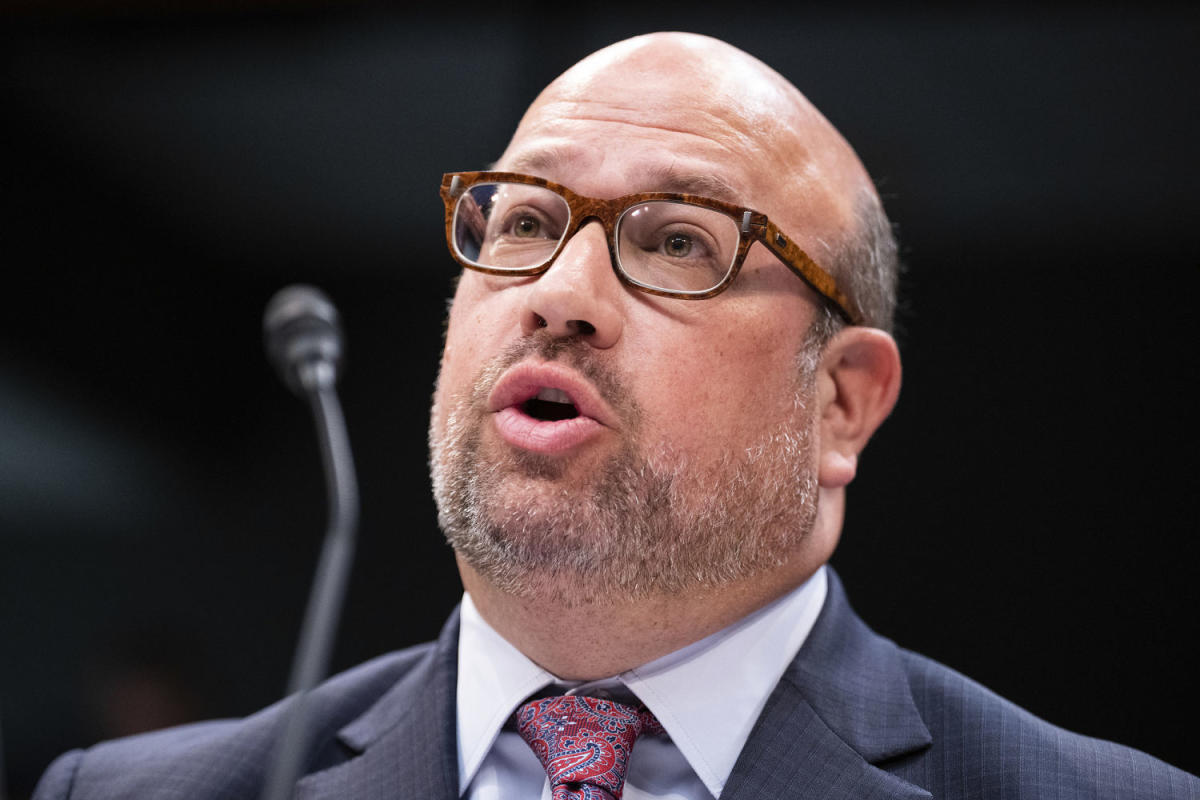The chief executives of Meta, TikTok, X and other social media companies are giving evidence before the US Senate Judiciary Committee on Wednesday about child safety on their platforms.
The hearing comes as US politicians are growing increasingly concerned about the effects of social media on young people’s lives.
While Meta chief executive Mark Zuckerberg is a veteran of congressional hearings since his first one over the Cambridge Analytica privacy debacle in 2018, it will only be the second time for TikTok chief executive Shou Zi Chew and the first for Linda Yaccarino, the chief executive of the former Twitter.
Snap chief executive Evan Spiegel and Discord chief executive Jason Citron are also scheduled to give evidence.
“We understand that they are companies and they have to make profit. But when you’re faced with really important safety and privacy decisions, the revenue in the bottom line should not be the first factor that these companies are considering,” said Zamaan Qureshi, co-chairman of Design It For Us, a youth-led coalition advocating for safer social media.
“These companies have had opportunities to do this before they failed to do that. So independent regulation needs to step in.”
Meta will likely be a central focus of the hearing, as the California-based technology giant has been sued by dozens of states that say it knowingly and deliberately designing features on Instagram and Facebook that addict children to its platforms and failed to protect them from online predators.
The company has been beefing up its child safety features in recent weeks, announcing earlier this month that it will start hiding inappropriate content from teenagers’ accounts on Instagram and Facebook, including posts about suicide, self-harm and eating disorders.
It also restricted children’s ability to receive messages from anyone they do not follow or are not connected to on Instagram and on Messenger and added new “nudges” to try to discourage teenagers from browsing Instagram videos or messages late at night.
The nudges encourage kids to close the app, though it does not force them to do so.
But critics and child safety advocates say its actions fall short of meaningful changes that would address children’s safety.
“Looking back at each time there has been a Facebook or Instagram scandal in the last few years, they run the same playbook. Meta cherry picks their statistics and talks about features that don’t address the harms in question,” said Arturo Bejar, a former engineering director at the social media giant known for his expertise in curbing online harassment who recently gave evidence before Congress about child safety on Meta’s platforms.
“Instagram promises features that end up hidden in settings that few people use. Why is ‘quiet mode’ not the default for all kids?” Mr Bejar added.
“Meta says that some of the new work will help with unwanted advances. It is still not possible for a teen to tell Instagram when they’re experiencing an unwanted advance. Without that information how can they make it safer?”
X, formerly Twitter, said Ms Yaccarino was in Washington last week to meet with senators to talk about how the company is addressing child sexual exploitation, along with a broad range of other topics that included privacy, artificial intelligence, content moderation and misinformation.
“As an entirely new company, X has strengthened its policies and enforcement to tackle CSE. We are now taking action on users that distribute this content and also taking immediate action on the networks of users who engage with this horrible content,” the company said in a blog post on Friday.
Google’s YouTube is notably missing from the list of companies called to the Senate on Wednesday, even though more children use YouTube than any other platform, according to the Pew Research Centre.
Pew found that 93 per cent of US teenagers use YouTube, with TikTok a distant second at 63 per cent.
“The thing about YouTube is that it kind of flies under the radar,” said Larissa May, the founder and executive director of the nonprofit #HalfTheStory, which helps teenagers develop healthy relationships with technology.
“I think Meta has gotten so used to taking so much of the heat for the issues that young people are facing. But it’s actually much, much bigger than that.”
Signup bonus from





